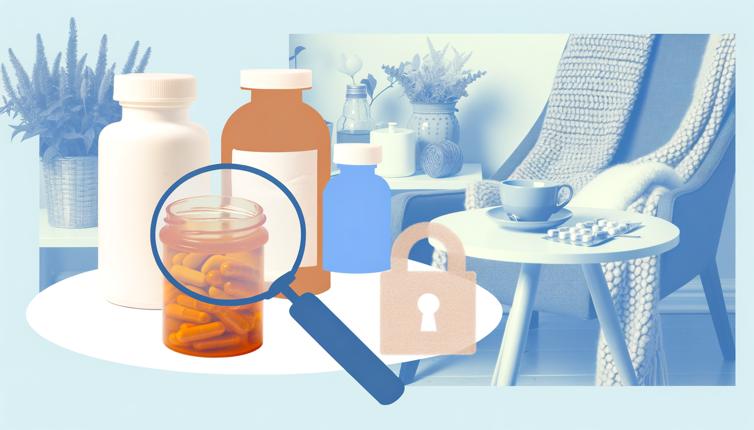What Are Medication Interactions?
Medication interactions occur when two or more drugs interact with each other and affect how they work in the body.,There are different types of medication interactions, including:,- Drug-drug interactions: These occur when two or more drugs interact with each other and can lead to unexpected side effects or reduced effectiveness of one or more medications.,- Drug-food interactions: Certain foods or beverages can interact with medications and affect their absorption, metabolism, or effectiveness.,- Drug-supplement interactions: Supplements, such as vitamins or herbal remedies, can interact with medications and lead to adverse effects.,- Drug-disease interactions: Certain medical conditions can interact with medications and affect their safety or effectiveness.
Common Types of Medication Interactions
Some common types of medication interactions include:,- Drug interactions with grapefruit: Grapefruit and grapefruit juice can interact with many medications and affect their metabolism, leading to increased levels of the medication in the body. This can increase the risk of side effects.,- Warfarin and other blood thinners: Warfarin, a common blood thinner, can interact with many medications and increase the risk of bleeding.,- Antidepressants and certain pain medications: Combining certain antidepressants with pain medications can increase the risk of serotonin syndrome, a potentially life-threatening condition.,- NSAIDs and blood pressure medications: Nonsteroidal anti-inflammatory drugs (NSAIDs) can reduce the effectiveness of some blood pressure medications, leading to poorly controlled hypertension.,- Medications that can cause QT prolongation: Some medications can prolong the QT interval in the heart, which can lead to dangerous heart rhythm abnormalities when combined with other medications that also have this effect.
How to Minimize Medication Interactions
To minimize the risk of medication interactions, it's important to:,- Keep a list of all medications: Make a list of all the medications you're taking, including prescription drugs, over-the-counter medications, and supplements. Show this list to your healthcare provider or pharmacist.,- Inform your healthcare provider: Make sure your healthcare provider knows about all the medications you're taking, including any changes or new medications.,- Read medication labels and instructions: Carefully read the labels and instructions for all medications, including details about potential interactions.,- Avoid self-medicating: Don't start or stop any medications without consulting your healthcare provider or pharmacist. They can provide guidance on potential interactions.,- Be cautious with herbal remedies and supplements: Remember that herbal remedies and supplements can also interact with medications. Discuss their use with your healthcare provider.,- Follow dosage instructions: Take medications as directed and avoid taking more than the recommended dose.,- Watch for signs of interactions: Be aware of any unusual symptoms or side effects that could indicate a medication interaction. If you notice anything concerning, contact your healthcare provider.
Conclusion
Being aware of potential medication interactions and taking steps to minimize their risks is essential for consumers. By staying informed, communicating with healthcare providers, and following medication instructions, you can reduce the likelihood of harmful interactions and improve the safety and effectiveness of your medications.









